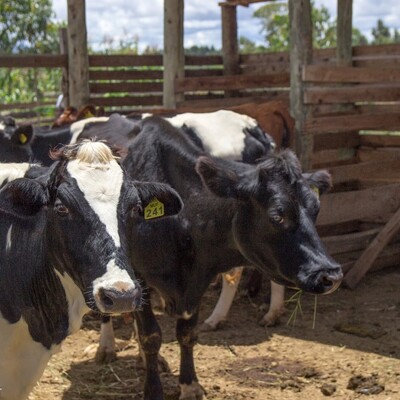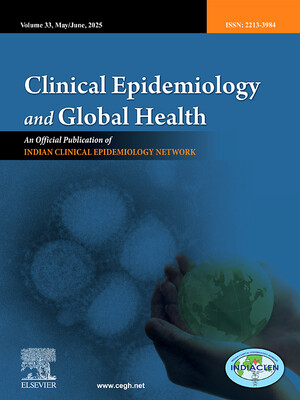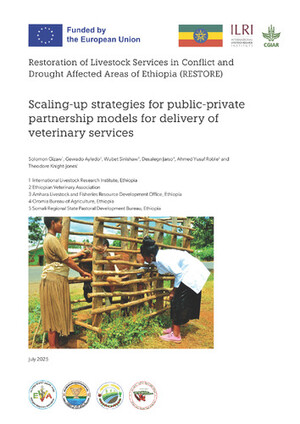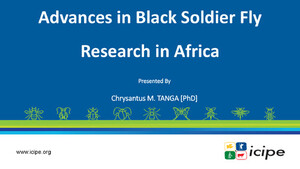
New study identifies contextual factors for the control of pork tapeworm in endemic areas
Access to services such as toilets and clean water, local knowledge, cultural norms and taboos; and the presence of regulatory frameworks such as meat inspection are among the key factors that determine the success or failure of Taenia solium control measures in endemic areas.
These are the findings of a new study published in PLOS Neglected Tropical Diseases based on a review of literature on T. solium control programs and interviews with researchers who have implemented these programs globally.
The zoonotic parasite T. solium commonly known as the pork tapeworm is transmitted among humans and between humans and pigs. Humans get infected when they eat raw or undercooked, infected pork that contains T. solium larvae leading to development of tapeworms in the stomach. They can also get infected by ingesting the tapeworm eggs leading to development of cysts in the muscles, eyes and brain.
T. solium causes three diseases: taeniasis, an intestinal infection with tapeworms in humans; neurocysticercosis, which causes neurological disorders in humans, including seizures (epilepsy); and porcine cysticercosis, an infection of pigs, which may result in condemnation of pig carcasses, potentially reducing the household income of farmers.
The parasite has been endorsed for control and eventual elimination by the World Health Organization with intensified control suggested for hyperendemic areas in Latin America, sub-Saharan Africa and Southeast Asia.
The study sought to identify and assess how contextual factors have influenced the implementation and evaluation of pork tapeworm control activities. A total of 41 publications on the implementation of T. solium control programs globally were reviewed and grouped into efficacy , effectiveness and scale up or implementation research studies.
The influence of context and enabling environment were found to vary depending on the study type and scale of implementation. Scientists from the University of Nairobi, the University of Liverpool, the International Food Policy Research Institute (IFPRI), Freie Universität Berlin and the International Livestock Research Institute (ILRI) were involved in the study.
T. solium can be controlled in various ways include deworming, providing people with clean water and sanitation and appropriate hygiene and food safety education. Vaccination, deworming, confinement and proper feeding of pigs also help to control the parasite.
However, the parasite has not been eliminated and control programs have had varying levels of success in many endemic areas in Latin America, sub-Saharan Africa and Southeast Asia. This could be due to either inadequate consideration of various contextual factors highlighted in this study (e.g. toilet and sanitation coverage, knowledge, cultural norms and taboos), or inability to create the enabling environment (e.g. effective meat inspection) needed to underpin success.
The researchers found that choice of methods to measure effect, local knowledge, attitudes and perceptions of the target population, existing infrastructural and staff capacities, stakeholder participation and support by the national governments through policies and laws, may affect the implementation and evaluation of control interventions. All these factors need to be fully considered and integrated into pork tapeworm control programs.
The contextual factors highlighted in this study can guide future research and scale up of disease control programs. They also demonstrate the importance of close multi-sectoral collaboration in a One Health approach.
The study was funded by the CGIAR Research Program on Agriculture for Nutrition and Health (A4NH) led by IFPRI and the German Academic Exchange Service through an in-region PhD fellowship in partnership with ILRI.
Access the article: A qualitative assessment of the context and enabling environment for the control of Taenia solium infections in endemic settings



















